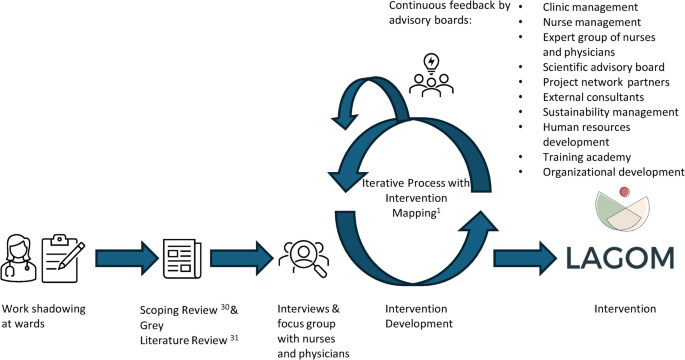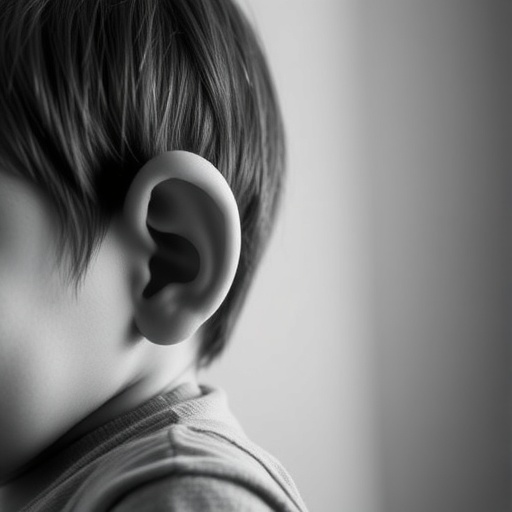
Heatwave in India: As India experiences scorching heat, the day-to-day lives of the people are severely affected. The temperature in several parts of the country has breached the 48 degrees Celsius mark amid a severe heatwave.
While the India Meteorological Department said on Wednesday that the heatwave to severe heatwave conditions prevailing over Northwest and Central India is likely to be reduced gradually from May 30, the prevalence of heat-related illnesses continues to be worrisome.

The rising temperatures, combined with high humidity, are making it difficult for people to go about their daily activities. According to a study by Centre for Science and Environment (CSE), while the average temperatures for Delhi in March-April were lesser, the humidity levels were high, which worsened the heat stress.
According to the CSE analysis, heat stress results from a deadly combination of air temperature, land surface temperature and relative humidity, which leads to acute thermal discomfort and heat stress in cities.
In a post of X (Erstwhile Twitter), IMD explained that the high values of Relative Humidity aggravate the impact of heatwaves. Relative Humidity refers to how much water vapour is in the air compared to how much it can hold at that temperature.
“They compromise the body’s response to heating through perspiration by reducing the evaporation rate. As high relative humidity leads to a slower evaporation rate of sweat thereby reducing the efficiency of the cooling mechanism of the human body,” it posted.
The CSE analysis reveals that relative humidity has increased in all zones. The average relative humidity (RH) has significantly increased in the last 10 summers compared to the 2001-10 average.
How high relative humidity affects your body?
The combination of high relative humidity and extreme heat adversely impacts human thermal comfort and health. Here are some ways humidity can affect the human body:
- Dehydration: Humidity can cause excessive sweating and make you dehydrated.
- Muscle Cramps: Humidity makes you overheat and sweat profusely. This leads to loss of electrolytes and your muscles can start cramping up.
- Fatigue: Humidity along with hot temperatures can make you feel lethargic and sleepy as the body works overtime to cool down.
- Fainting: When the body gets too hot in high humidity, it also dilates blood vessels to help release heat. This can reduce the blood flow to brain and you can faint.
- Heat Exhaustion: Humidity can make hot temperatures feel worse and prolonged periods in heat and excessive sweating can lead to heat exhaustion.
- Heat Stroke: Heat stroke is a life-threatening condition and it happens when sweating fails to cool your body down. Heat stroke can be fatal if you don’t get medical attention quickly.
- Heat Rash: When it’s hot and humid, excessive sweating can irritate your skin.
link











